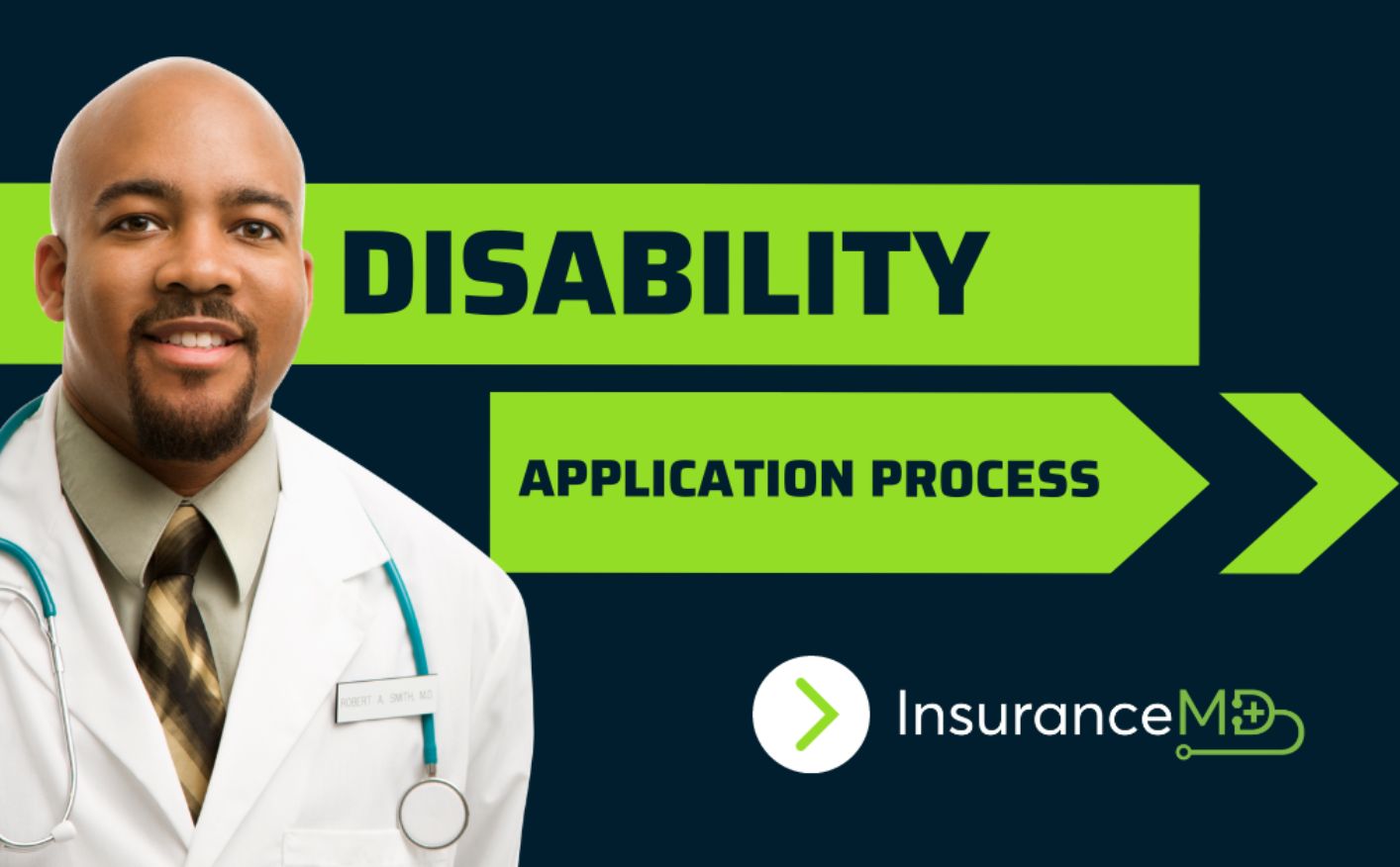For many professionals, particularly those within the medical sector, securing disability insurance is of paramount importance. This protective measure, while crucial, involves a multi-faceted application procedure. In this detailed guide, we delineate each phase of the application process to provide clarity for potential applicants.
1. Preliminary Consultation with an Agent:
This is the inaugural step wherein an individual consults with a qualified agent. It is essential to choose an esteemed agency, such as InsuranceMD, that can proficiently assess both the applicant’s income and health records, thereby identifying the most apt insurance option.
2. Emphasizing the Significance of True Own Specialty Disability Insurance:
For esteemed professionals like physicians, it is imperative to procure only True Own Specialty Disability Insurance. A limited number of carriers—six to be precise—offer this insurance. However, with agencies like InsuranceMD, applicants are presented with quotes from each of these carriers to ascertain the most competitive rate.
3. Telephone Application:
Upon picking your carrier, the applicant must complete the phone application process with the Agent. The application requires that you provide personal details, medical history, personal and business financial details. It’s pertinent to understand that signing this application does not legally commit the applicant to any purchase; it merely serves as a formal expression of interest to begin the underwriting process.
4. The Underwriting Period:
After the submission, the application enters the underwriting phase, which could extend from 30 to 60 days. The carrier, based on parameters such as age, medical specialty, and the proposed benefit amount, decides whether a medical examination is necessitated. Reliable agencies, like InsuranceMD, can often provide preliminary insights regarding this requirement.
5. Phone Interview and Medical Exam (if necessary):
Regardless of the medical examination, you will likely be required to complete a third-party phone interview, typically conducted by entities like ExamOne. This interview delves you’re your personal, medical, and financial history. If a medical examination is deemed necessary, it is conducted by a designated nurse, whose expenses are paid for by the insurance company. This examination includes a blood sample, urinalysis, and routine health vitals such as blood pressure, height, and weight. The medical examiner will also complete a Paramedical questionnaire to obtain more details about any of your medical history.
6. Proof of Income
In this phase, applicants are required to provide evidence of their financial earnings. Insurance carriers typically request employment documentation such as W2 forms, pay stubs, employment contracts, and both personal and business tax returns.
7. Medical Records:
In most cases, the carriers will also seek medical records from the applicant’s designated physicians to ensure there are no pre-existing conditions that could potentially jeopardize your eligibility for coverage. If you have concerns about your medical history, it is best to disclose as much detail as possible to your Agent so they can help set your underwriting expectations.
8. Review by the Underwriter:
The carrier underwriter sometimes in conjunction with the reinsurance underwriter, evaluates the application and all the collected data. Their objective is to determine the eligibility for benefits and if it’s necessary to exclude any pre-existing conditions.
9. Exclusions:
Exclusions relating to pre-existing conditions, are integral components of disability insurance policies that applicants must understand and not run from. If a disability claim is made due to reasons not associated with the stipulated pre-existing condition, the claim is typically deemed valid. Furthermore, it’s important to speak with the agent about the specifics of any such exclusions. Sometimes, insurers may add time-bound exclusions that allow for reconsideration after a designated period. Such nuances are critical to understand, ensuring that applicants are fully informed about the coverage they’re committing to.
10. Final Review and Issuing the Policy:
Upon the applicant’s approval, the insurance carrier processes the initial monthly premium and issues the policy. A 30-day window is granted for the applicant to conduct a meticulous review, during which any modifications can be made, or the policy can be canceled for a full refund.
While the application procedure is extensive, with the guidance of a proficient agency, procuring the optimal disability insurance becomes a systematic endeavor. It is advised to seek clarifications, comprehend the minutiae, and prioritize one’s professional and personal welfare. Although the entire process takes 30 – 60 days, your commitment of time shouldn’t be more than a couple of hours spread out over a 2-week period.

 800-538-3767
800-538-3767
